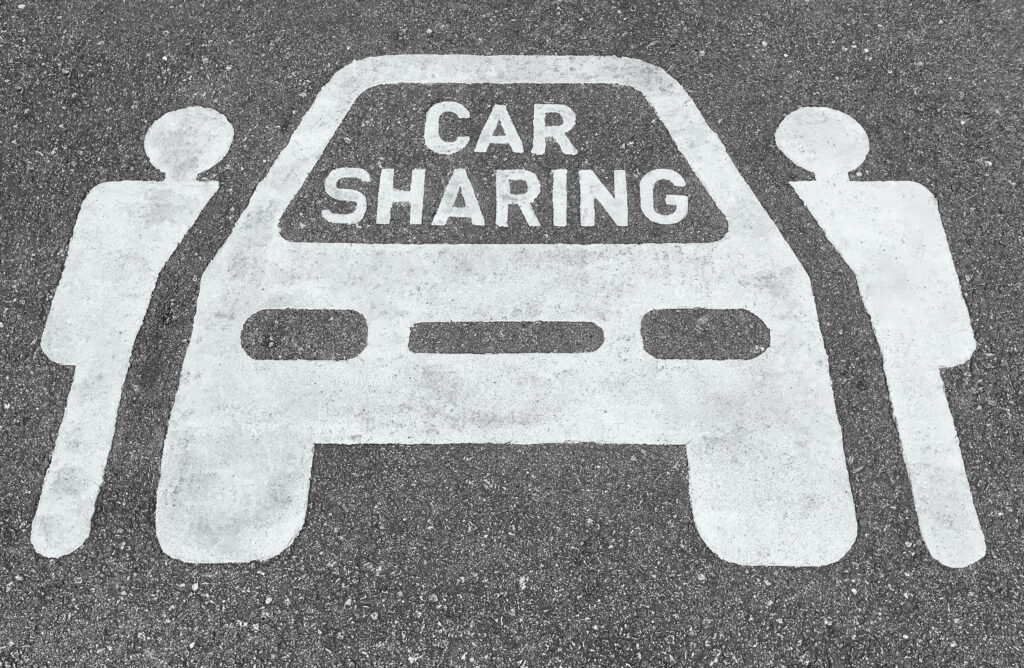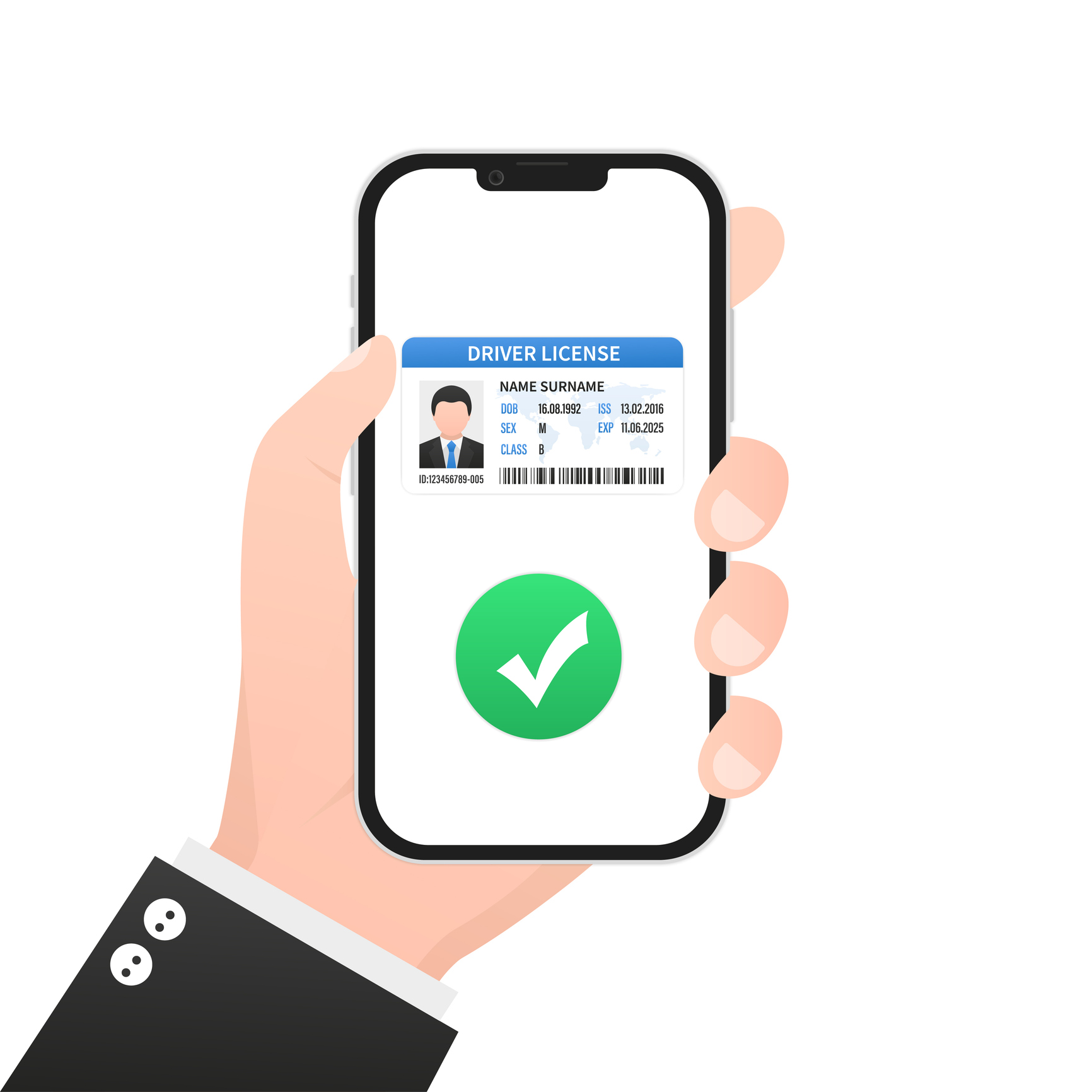
“Peer-to-peer car sharing” refers to sharing privately-owned vehicles for money over an internet platform such as Turo, Getaround, or Zipcar. Similar to Airbnbs where individuals can rent out their homes, car sharing allows participating vehicle owners to rent out their vehicles when they are not using them. The car sharing industry has bloomed in the United States, prompting states to enact legislation regulating the nascent industry.
Alabama: Legislation Establishing the Peer-to-Peer Car Sharing Program Act
In May 2023, HB459 was introduced and referred to the House Economic Development & Tourism Committee. The bill would establish the Peer-to-Peer Car Sharing Program Act, allowing for the operation of peer-to-peer car-sharing programs throughout the state and excluding the lesser of peer-to-peer car-sharing vehicles from liability for certain taxes on the profit made from vehicle rental and leasing. The bill would define peer-to-peer car-sharing programs as businesses that connect vehicle owners with drivers to allow for the sharing of vehicles in the interest of financial gain. The bill did not advance in the 2023 legislative session.
Hawaii: Legislation Clarifying “Car-Sharing Termination Time” For Purpose of Motor Vehicle Insurance
In January 2023, HB639 was introduced and passed its first reading in the House. This bill concerns insurance regarding car-sharing programs; it would clarify when peer-to-peer car-sharing programs are terminated for motor vehicle insurance. “Car sharing termination time” would occur when the shared vehicle is returned to an agreed-upon location outlined in the car-sharing program agreement. This bill would also apply peer-to-peer car-sharing insurance laws to other entities that make rental vehicles available under state law. The bill did not advance in the 2023 legislative session.
Massachusetts: Legislation That Establishes Regulations for Car Sharing Programs
In February 2023, S2252 was introduced to the Senate and referred to the Joint Committee on Transportation. The purpose of this bill is to establish regulations for peer-to-peer car-sharing programs. An example of such regulations would be that programs provide customers with precise transportation cost estimates, including additional charges. The bill would also require local law enforcement and the Department of Public Utilities to inspect vehicles used for car-sharing programs to ensure consumer safety.
Rhode Island: Governor Signs Bill Clarifying That Peer-to-Peer Car Sharing is Not Considered Rental Vehicles
In January 2023, S0001 was introduced to the Senate and referred to the Judiciary Committee. The bill would clarify that peer-to-peer car sharing, peer-to-peer car sharing programs, and peer-to-peer car sharing agreements are not considered rental vehicles, provided that the vehicle owner does not share more than five vehicles through one or more peer-to-peer car sharing programs in a year. On June 22, 2023, S0001 was passed and signed by Rhode Island Governor Dan McKee.
Latest News
Photo credit: iStock.com/StudioGraphic As technology continues to evolve, digital driver's licenses (also known as mobile IDs) are gaining traction across the United States. States are increasingly exploring legislative measures to modernize driver identification systems, enabling [...]
Photo credit: iStock.com/NongAsimo Catalytic converters are a very valuable car part located beneath most motor vehicles. The devices convert harmful pollutants in internal combustion engine (ICE) exhaust gases into less toxic ones. According to David [...]
Photo credit: iStock.com/oxinoxi As we've noted in the past, electric bicycles are becoming increasingly popular, a billion-dollar industry in the United States. Advancements in electric vehicle technology continuously optimize electric bicycles as efficient, eco-friendly modes [...]
Photo credit: iStock.com/Michael Derrer Fuchs State legislatures are working to increase rail safety by improving current regulations and creating new policies to promote safer railroad practices. Such initiatives coincide with federal legislation introduced after hazardous [...]






Stay In Touch